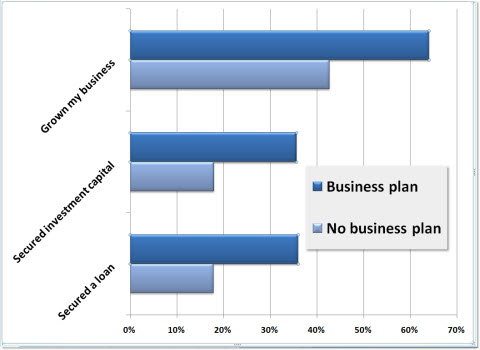While its normal for people to run to MBA programs (WSJ) during downturns (take cover for two years, increase knowledge, network, then get to interview with lots of companies in diverse positions and industries), what about the folks who are graduating this winter and next spring? Recruiting is bound to be tough as the dynamics for Wall Street and Corporate America have changed dramatically.
CBS Marketwatch has a piece by Whitney Jackson. From the article:
Turmoil in the stock market and decreased opportunities at big banks directly affect a lot of classic M.B.A. career paths, according to Steven Goodwin, an independent Washington-based education and career-strategy specialist.
He said he’s received a surge of phone calls from nervous workers who obtained degrees over the past few years. Many of these former students are forced to broaden their job search and lower their standards, a move labor economists say trickles down and strikes people at the lowest rung of the ladder.
In general, students who settle for a lower position during an economic downturn rarely make up the financial differences in the long term, according to Lisa Kahn, a Yale University economist who studies the intersection of employer practices and external labor market factors. M.B.A.s are a unique subset of these students because most of them worked for several years before going back to school.
While it’s too soon to tell how many people’s career hopes have been dampened by the Wall Street crisis, it’s likely that many M.B.A.s who wanted to work in the financial sector took jobs elsewhere — or don’t have a job at all. These individuals will have a lower financial trajectory over the course of their lifetimes, Kahn said.
I find the above comments scary and makes it clear to me that entrepreneurial actions are a necessity. If the state of the economy around the time of graduation is the main determinant of career earnings for those who enter the labor market upon graduation — then DO NOT enter the labor market. BECOME AN ENTREPRENEUR. Take control of your own financial trajectory. You won’t show up on the payroll data that Kahn uses when she does her research.
The path may seem more difficult — creating something out of nothing vs. taking a second choice job that pays the bills in the short term, but it will pay off in the long term.
So stop worrying about making your resume ‘standout’ to land those interviews you never would have considered 2 years ago and go start something. Check out Tim Berry’s new
Plan-As-You-Go Business Planning Book. Good luck!

